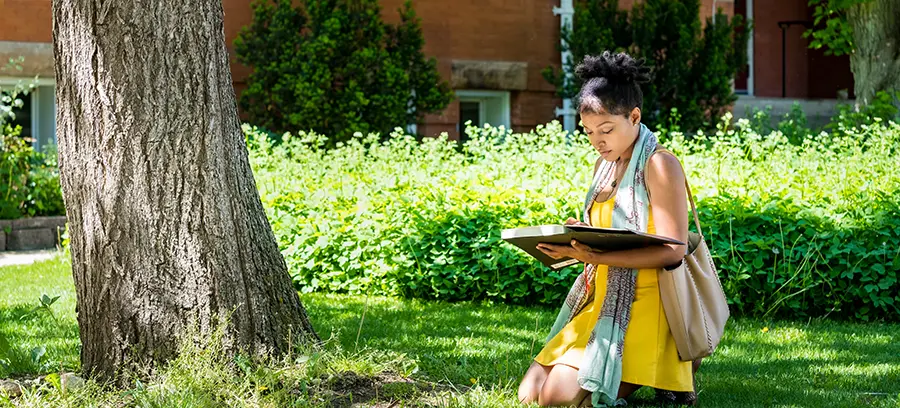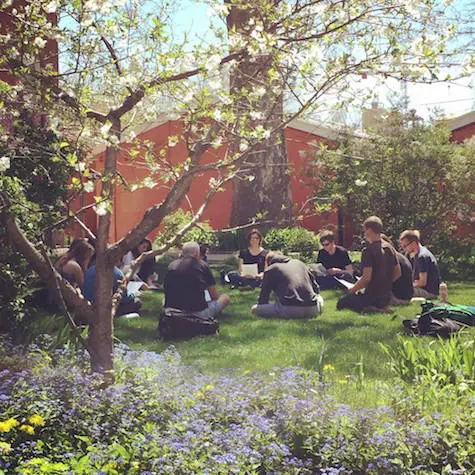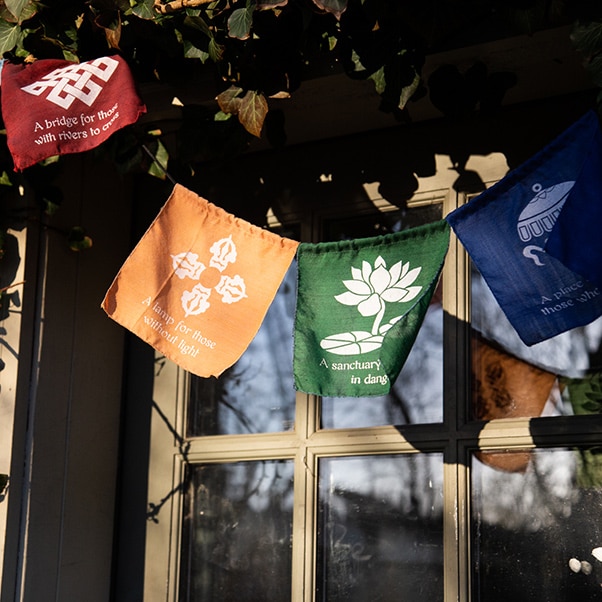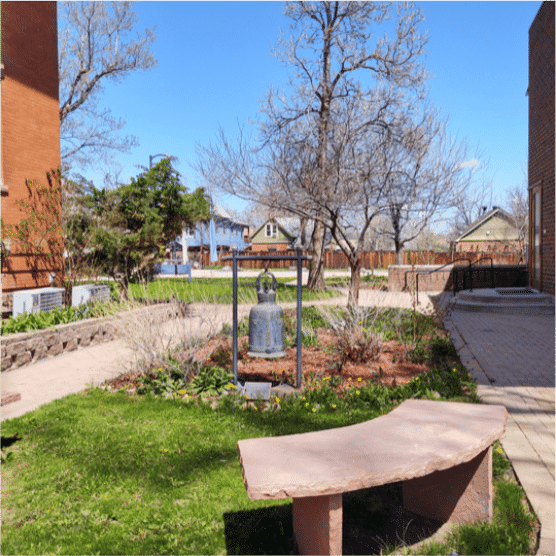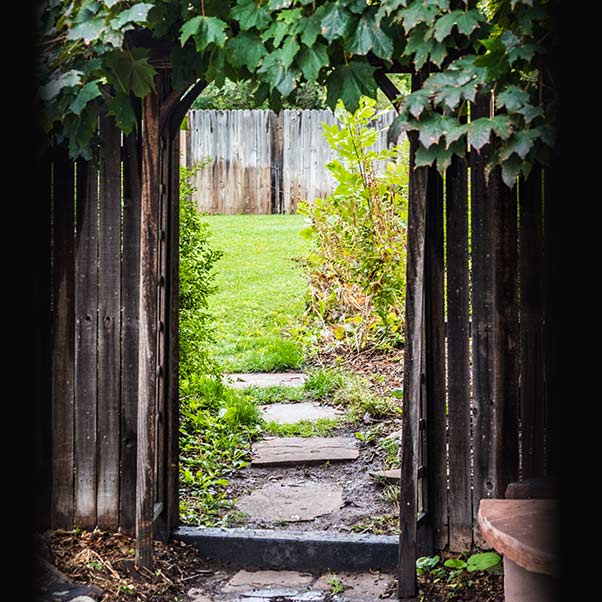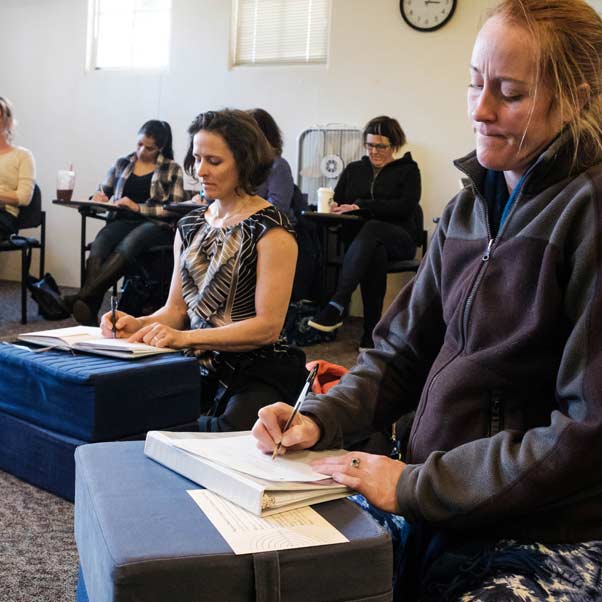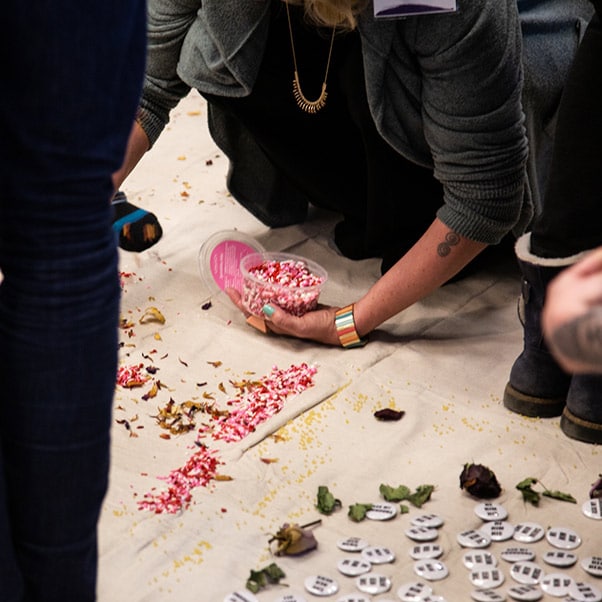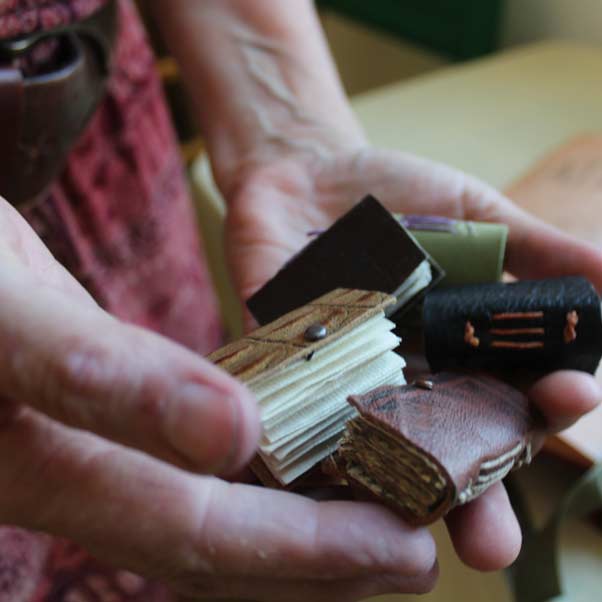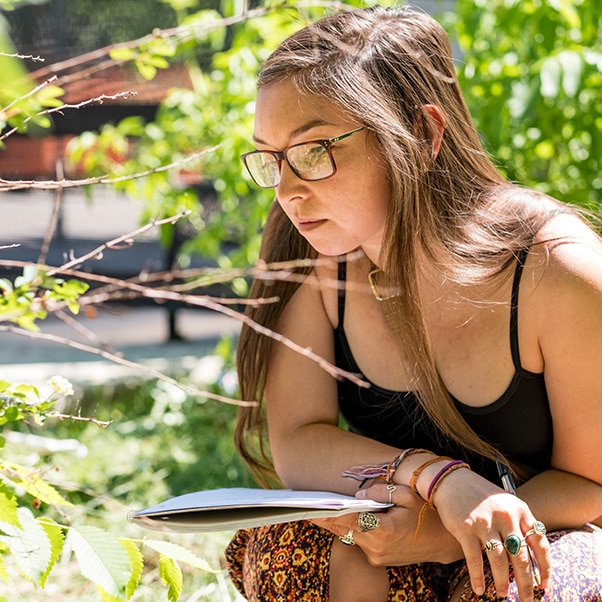Classroom Practices & Resources
These classroom practices and resources offer a wide scope of tools and trainings that have been carefully cultivated and implemented within the Naropa community over decades. These self-paced offerings are designed to both familiarize educators with contemplative ways of teaching and designing curriculum that can be used and as an introduction to contemplative techniques, or as a way to take a deeper dive into pedagogy trainings and practices. In addition we have a variety of videos that outline numerous aspects of mindfulness and compassion in education alongside a robust bibliography of our faculty publications that provide additional resources geared toward the art of instruction and implementation of alternative ways of teaching and learning.
Learn More about Naropa's Contemplative Traditions
Contemplative Pedagogy Trainings
This practice allows students to slow down and engage deeply and intuitively with a given passage, letting meaning dawn through contemplation and present-moment awareness.
The Insight Dialogue Practice invites participants to access their inner voice and wisdom, develop their ability to listen deeply, and bring mindfulness into their relationship with another.
The Object Writing Practice offers a novel way to engage with the creative writing process through mindful attention and spontaneous expression. It cultivates mindfulness in a different way than found in sitting meditation practice.
This poetic practice can be used anywhere you would like to invite creativity and intimacy. It is a practice of spontaneously speaking poetic verse, drawing from one’s present-moment experience and in response to one’s partner.
In Eastern thought and medicine, the heart is generally considered the seat of consciousness and awareness, while the West tends to locate consciousness primarily in the brain. Regardless of cultural orientation, the heart holds a wealth of imagery as reflected in the language and symbols that we associate with it. This practice provides a way to engage with the somatic experience of the heart and hands and to connect with the innate qualities of self-nurturance.
These exercises in composition develop a new way of seeing. We are directed to pay attention to the “mere” shape and color of what we see, devoid from the stories, ideas, and concepts we may have about an image. Requiring no prior training and using “pleasure as our guide,” we uncover our inherent aesthetic sensibility.
Contemplative education is a contemporary movement in higher education that builds upon the epistemological work of cognitive scientists in conversation with contemplative traditions of Asia, integrating critical subjectivity into the classroom. This article outlines the theoretical basis of first-person inquiry in learning.
Drawing and Resting Outside is a particular form of the practice which focuses on the contour line of landscape; our awareness thus extends to a larger sense of space and environment. This contemplative exercise cultivates mindfulness, presence, and empathy; and can be used in any classroom setting.

